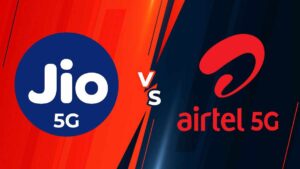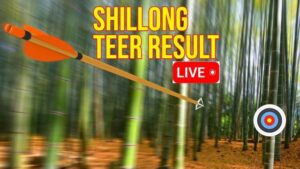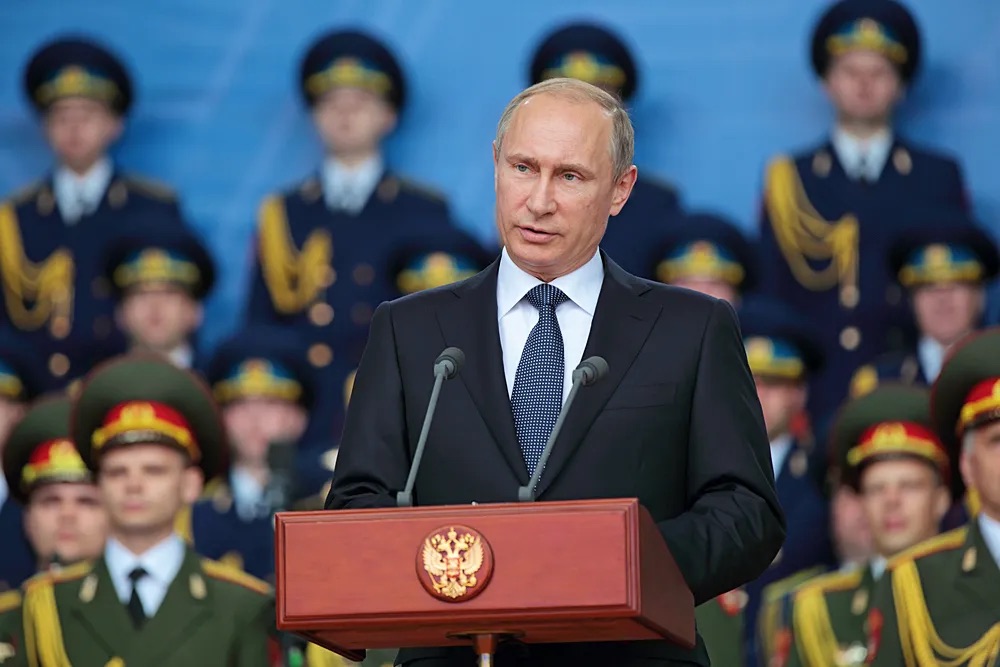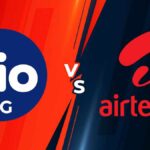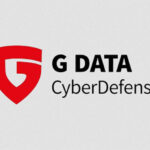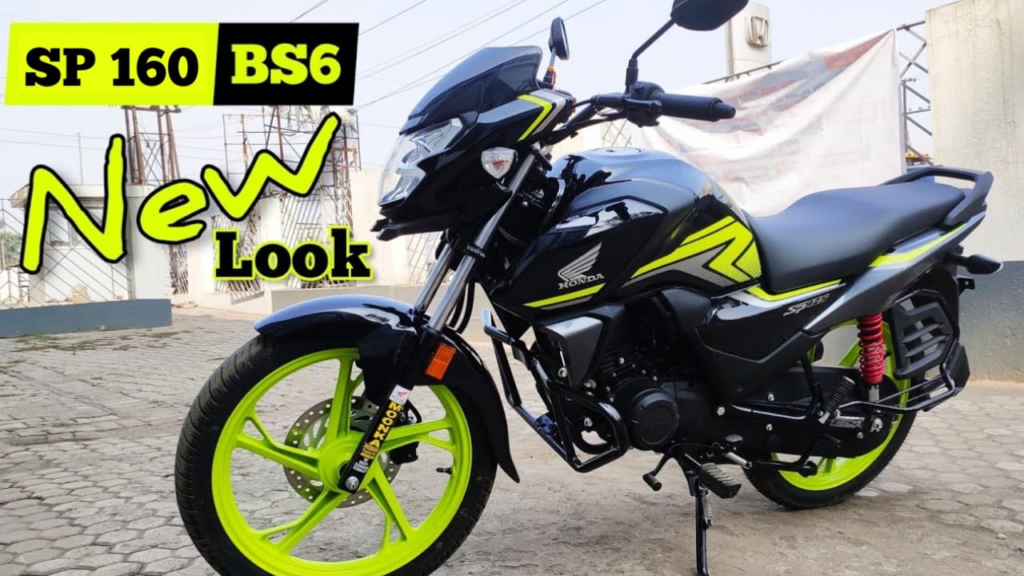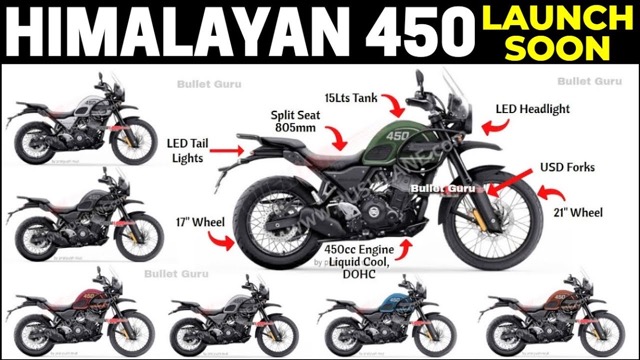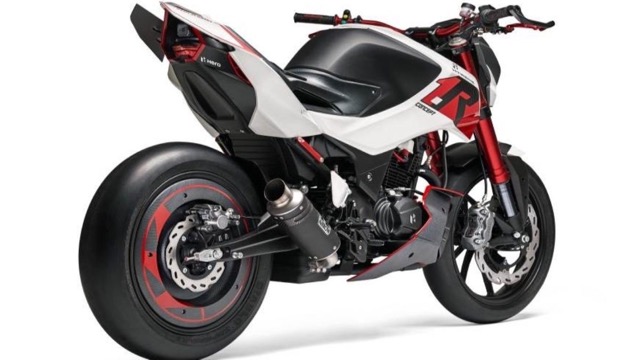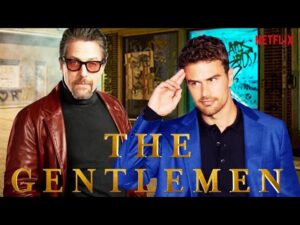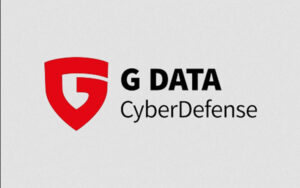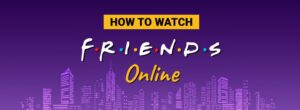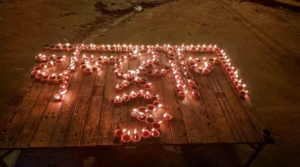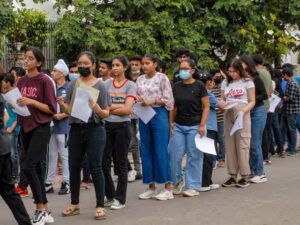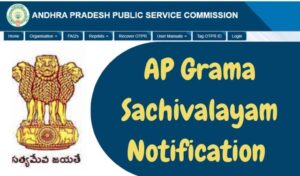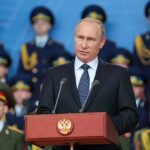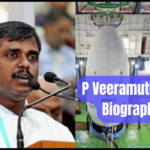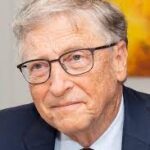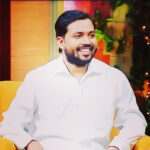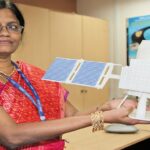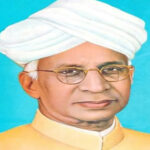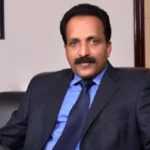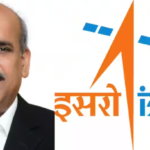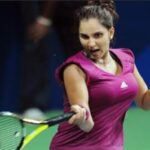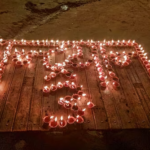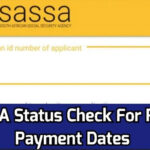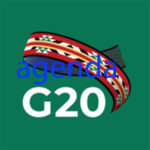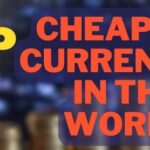Vladimir Putin Biography: He was born on 7 October 1952 in Leningrad, Russia, U.S.S.R (now St. Petersburg, Russia). He is the current President of Russia and a former intelligence officer. He was also the country’s Prime Minister (1999, 2008-12). And know about Vladimir Putin’s net worth, early life, wife, age, education, family, political career, awards honours, and more details below here.
Outlines Of Guide
ToggleVladimir Putin Biography
He was born in 1952 in Leningrad, U.S.S.R, and now is known as St. Peterburg, Russia. He served around 15 years in the KGB. Currently, he is the President of Russia and is the second-longest current serving European president after Alexander Lukashenko. He was also the Prime Minister from 1999 to 2000 and again from 2008 to 2012. Take a look at Vladimir Putin’s early life, education, family, political career, awards & honours, etc.
Vladimir Putin: Key Facts
| Born | 7 October 1952 |
| Place of Birth | Leningrad, Russia, U.S.S.R (now St. Petersburg, Russia) |
| Age | 69 (2021) |
| Parent(s) |
Father: Vladimir Spiridonovich Putin
Mother: Maria Ivanovna Putina
|
| Spouse(s) | Lyudmila Shkrebneva |
| Children | Maria, and Katerina |
| Alma mater | Saint Petersburg State University (LLB) Saint Petersburg Mining Institute (Ph.D.) |
| Title / Office | President (2012-Present), Russia Prime Minister (2008-2012), Russia President (2000-2008), Russia Prime Minister (1999-2000), Russia |
| Political party | Independent (1991–1995; 2001–2008; 2012–present) |
| Other political affiliations |
People’s Front (2011) United Russia (2008–2012) Unity (1999–2001) Our Home – Russia (1995–1999) CPSU (1975–1991) |
Vladimir Putin Biography: Early Life, Family, Education, Marriage, Children
Born on 7 October 1952 in Leningrad, Russia, U.S.S.R. (now St. Petersburg, Russia), he is the youngest of three children. His father, Vladimir Spiridonovich Putin, and his mother, Maria Ivanovna Putina. Vladimir Putin’s grandfather, Spiridon Putin, served as a personal cook to Vladimir Lenin and Joseph Stalin. His mother worked in a factory, and his father was a conscript in the Soviet Navy, serving in the submarine fleet in the early 1930s. His father also served in the destruction battalion of the NKVD in early World War II before being transferred to the regular army and getting severely wounded in 1942. Putin has often stated, “I come from an ordinary family, and this is how I lived for a long time, nearly my whole life. I lived as an average, normal person and I have always maintained that connection.”
Mr. Putin mentioned that his family led a simple life, with meals mainly consisting of cabbage soup, cutlets, and pancakes. However, on special occasions like Sundays and holidays, his mom would bake delicious stuffed buns with cabbage, meat, and rice, along with curd tarts. Following the war, Putin’s family relocated to a room in a communal apartment in a typical St. Petersburg dwelling on Baskov Lane. He attended Primary School No. 193 in Leningrad from 1960 to 1968, then moved on to High School No. 281 after completing the eighth grade. This school had a focus on chemistry and was affiliated with a technology institute, where he finished his studies in 1970. Putin graduated in 1975, with his thesis centered on “The Most Favored Nation Trading Principle in International Law.” He joined the Communist Party of the Soviet Union and remained a member until its dissolution. He crossed paths with Anatoly Sobchak, who taught business law and later co-authored the Russian constitution. Putin wed Lyudmila Shkrebneva, with whom he has two daughters, Mariya and Katerina.
Vladimir Putin: Early Career
He spent approximately 15 years working as a foreign intelligence agent for the KGB (Committee for State Security), with six of those years in Dresden, East Germany. In 1990, he retired as a lieutenant colonel from active KGB duty and went back to Russia to oversee the protection of Leningrad State University and manage its external affairs. Later on, he took on an advisory role for Sobchak, the inaugural democratically elected mayor of St. Petersburg, earning Sobchak’s trust and reputation for his effective problem-solving skills.
In 1994, he was promoted to the position of first deputy mayor. By 1996, he had relocated to Moscow and taken on the role of deputy to Pavel Borodin, the chief administrator of the Kremlin. Developing a close relationship with Anatoly Chubais, he transitioned into various administrative roles. President Boris Yeltsin appointed him as director of the Federal Security Service in July 1998, followed by his appointment as the secretary of the influential Security Council. Yeltsin then named him as Prime Minister in 1999. Despite being relatively unknown to the public, his popularity surged when he led a successful military operation against separatist rebels in Chechnya. Putin’s composed demeanor earned him admiration from the Russian public. He also backed the formation of a new electoral bloc, Unity, contributing to its victory in the parliamentary elections held in December.
Vladimir Putin’s First and Second Presidential Term (2000-2004 and 2004 – 2008)
Yeltsin’s unexpected resignation on December 31, 1999, led to Putin being named acting President. Putin won the March 2000 election with approximately 53% of the vote and pledged to combat corruption while establishing a well-regulated market economy. He swiftly took charge of Russia’s 89 regions and republics, organizing them into seven new federal districts overseen by presidential appointees. Putin eliminated regional governors’ seats on the Federation Council and curtailed the influence of powerful financiers and media magnates known as “Oligarchs” through the closure of media channels and legal actions. In Chechnya, he confronted challenges posed by rebels launching terrorist and guerrilla assaults, leading to a military operation in 2002 with significant casualties.
In 2001, he strongly disagreed with the decision made by U.S. President George Bush to withdraw from the 1972 Anti-Ballistic Missile Treaty. In 2002-2003, Putin, along with German Chancellor Gerhard Schroder and French President Jacques Chirac, opposed the U.S. and British plans to use military force against Saddam Hussein’s government in Iraq. Following a period of economic growth after a long recession in the 1990s, Putin was easily reelected in March 2004. During the parliamentary elections in December 2007, Putin’s party, United Russia, secured a large majority of seats. Due to a constitutional requirement, Putin stepped down in 2008 and nominated Dmitry Medvedev as his successor.
Vladimir Putin as Prime Minister (2008-2012)
Dmitry Medvedev won the presidential election in March 2008, and Putin became the chairman of the United Russia Party. Shortly after taking office on 7 May 2008, Medvedev appointed Vladimir Putin as the Prime Minister. At the United Russia Congress in Moscow on 24 September 2011, Medvedev officially suggested Putin run for the Presidency in 2012, a proposal that Putin accepted. However, on 4 March 2012, Putin was elected for a third term as Russia’s President. He stepped down as the chairman of United Russia, passing the leadership to Medvedev. Putin was inaugurated as President on 7 May 2012, and one of his initial actions was to nominate Medvedev as the Prime Minister.
Vladimir Putin’s Third Presidential Term (2012-2018)
During his initial year in office, there was a successful attempt to suppress the protest movement, resulting in the detention of opposition leaders and the branding of foreign-funded non-governmental organizations as “foreign agents.” The tension escalated in June 2013 when Edward Snowden, a contractor for the U.S. National Security Agency (NSA), sought asylum in Russia following his disclosure of various secret NSA programs. Putin permitted Snowden to stay under the condition that he ceases to harm the U.S. interests. Subsequently, in August 2013, a chemical weapons attack near Damascus prompted the U.S. to consider military intervention in the Syrian Civil War. Putin advocated for caution in a New York Times editorial, leading to a diplomatic agreement between the U.S. and Russia for the disposal of Syria’s chemical weapons stockpile. In December 2013, Putin marked the 20th anniversary of the post-Soviet Constitution by releasing around 25,000 prisoners and granting clemency to Mikhail Khodorkovsky, the former Yukos oil company executive who had been imprisoned for over ten years.
Vladimir Putin: Awards & Honours
Civilian Awards presented by various countries
| Date | Country | Decoration |
| 28 May 2019 | Kazakhstan | Nursultan Nazarbayev awards Order of Yelbasy |
| 8 June 2018 | China | Order of Friendship |
| 22 November 2017 | Kyrgyzstan | Order of Manas |
| 3 October 2017 | Turkmenistan | Order “For contribution to the development of cooperation” |
| 16 October 2014 | Serbia | Order of the Republic of Serbia |
| 11 July 2014 | Cuba | Order of José Martí |
| 4 October 2013 | Monaco | Order of Saint-Charles |
| 2 April 2010 | Venezuela | Order of the Liberator |
| 10 September 2007 | UAE | Order of Zayed |
| 12 February 2007 | Saudi Arabia | Order of Abdulaziz al Saud |
| 2007 | Tajikistan | Order of Ismoili Somoni |
| 22 September 2006 | France | Légion d’honneur |
| 2004 | Kazakhstan | Order of the Golden Eagle |
| 7 March 2001 | Vietnam | Order of Ho Chi Minh |
Other awards are as follows
| 2006 | Order of Sheikh ul-Islam |
| 24 March 2011 | Order of Saint Sava |
| 15 November 2011 | Confucius Peace Prize |
| 2015 | Angel of Peace Medal |
Award/Recognition
| Year | Award/Recognition |
| 2007 | Time: Person of the Year |
| December 2007 | Expert: Person of the Year (A Russian business-oriented weekly magazine named Putin as its Person of the Year) |
| 5 October 2008 | Vladimir Putin Avenue (The capital of Russia’s Republic of Chechnya, the central street of Grozny was renamed from the Victory Avenue to Vladimir Putin Avenue) |
| February 2011 | Vladimir Putin Peak (The parliament of Kyrgyzstan named a peak in Tian Shan mountains Vladimir Putin Peak) |
Russian Elections 2024 Date, Candidate, Polls, Result, Winning Prediction
May will see the inauguration of the victor, who will be chosen over the course of three days on March 15–17 Russian Elections 2024. The inauguration of the winner will happen on 7 May 2024, however it may be changed if there will be a need for re-election.
Russian Elections 2024
Russia’s 2024 presidential election is scheduled for March 15–17. The nation will have its ninth presidential election this year. A re-election will occur precisely three weeks later, on April 7, 2024, if no candidate wins more than half the vote. The inaugural ceremony for the winner is set on May 7, 2024.
The political environment in Russia is widespread with expectation as the country prepares for the 2024 elections. This article examines the candidates and wider national ramifications as it digs into the main features of the approaching elections.
How many candidates registered for Russian Elections 2024?
The following people are running for president of Russia in 2024:
Vladimir Putin
Vladimir Putin, the president-elect who is contesting as an independent. A Just Russia – For Truth and United Russia are two organisations that back him. Most people predict he will win a fifth term.
Nikolay Kharitonov
The Communist Party’s nominee. He was a candidate for president in 2004 and received 13.7% of the vote; he is currently a member of the State Duma.
Leonid Slutsky
The Liberal Democratic Party nominee. He is a member of the State Duma
How many times has Vladimir Putin been married?
Vladimir Putin married Lyudmila Shkrebnev in July 1983. They have two daughters namely Maria and Katerina. In June 2013, Putin announced that their marriage was over.
Who is Vladimir Putin?
Currently, Vladimir Putin is the President of Russia and is the second-longest current serving European president after Alexander Lukashenko. He was also the Prime Minister from 1999 to 2000 and again from 2008 to 2012.
Who is Vladimir Putin?
A former intelligence officer, Vladimir Putin is the President of Russia since 2012, and previously from 1999 until 2008. He worked as a KGB foreign intelligence officer for 16 years, before resigning in 1991 to begin a political career in Saint Petersburg. Under his first tenure as president, the country’s economy grew for eight consecutive years. The growth was a result of a fivefold increase in the price of oil and gas, which constitute the majority of Russian exports, recovery from the post-communist depression and financial crises, a rise in foreign investment, and prudent economic and fiscal policies.
Was Vladimir Putin in the KGB?
Vladimir Putin worked as a foreign intelligence officer in the KGB, the Soviet Union’s foreign intelligence and domestic security agency, for 15 years. He retired in 1990 as a lieutenant colonel.
Why is Vladimir Putin still in power?
Upon being elected president in 1999, Vladimir Putin was bound by Russia’s constitution to only serve two consecutive terms. Consequently, following the conclusion of his second term in 2008, he assumed the role of prime minister until his re-election as president in 2012. Nonetheless, in January 2020, Putin proposed a constitutional amendment enabling him to hold the presidential office for an additional two terms. This amendment was part of a series of amendments endorsed by the Russian legislature and later ratified by Russian voters in a national referendum in July 2020.
How has Vladimir Putin changed Russia?
During Vladimir Putin’s twenty-year leadership, he has strengthened his control, positioned Russia as a major global player, transformed the country from a budding democracy into an autocracy, increased Russian presence in the Middle East, enhanced ties with China, and demonstrated a readiness to resort to military action, such as the annexation of Crimea in 2014 and the extensive invasion of Ukraine in 2022.
